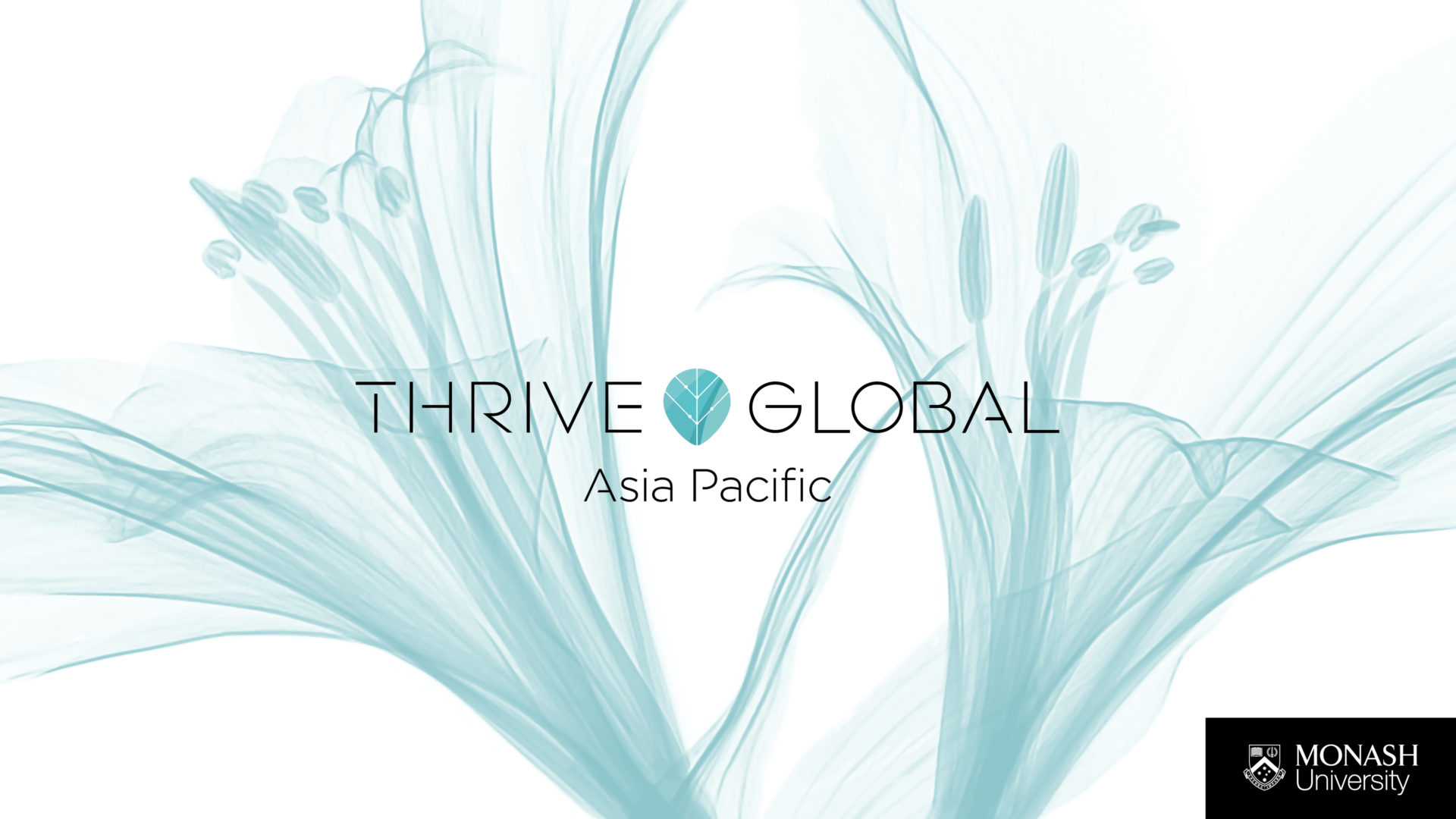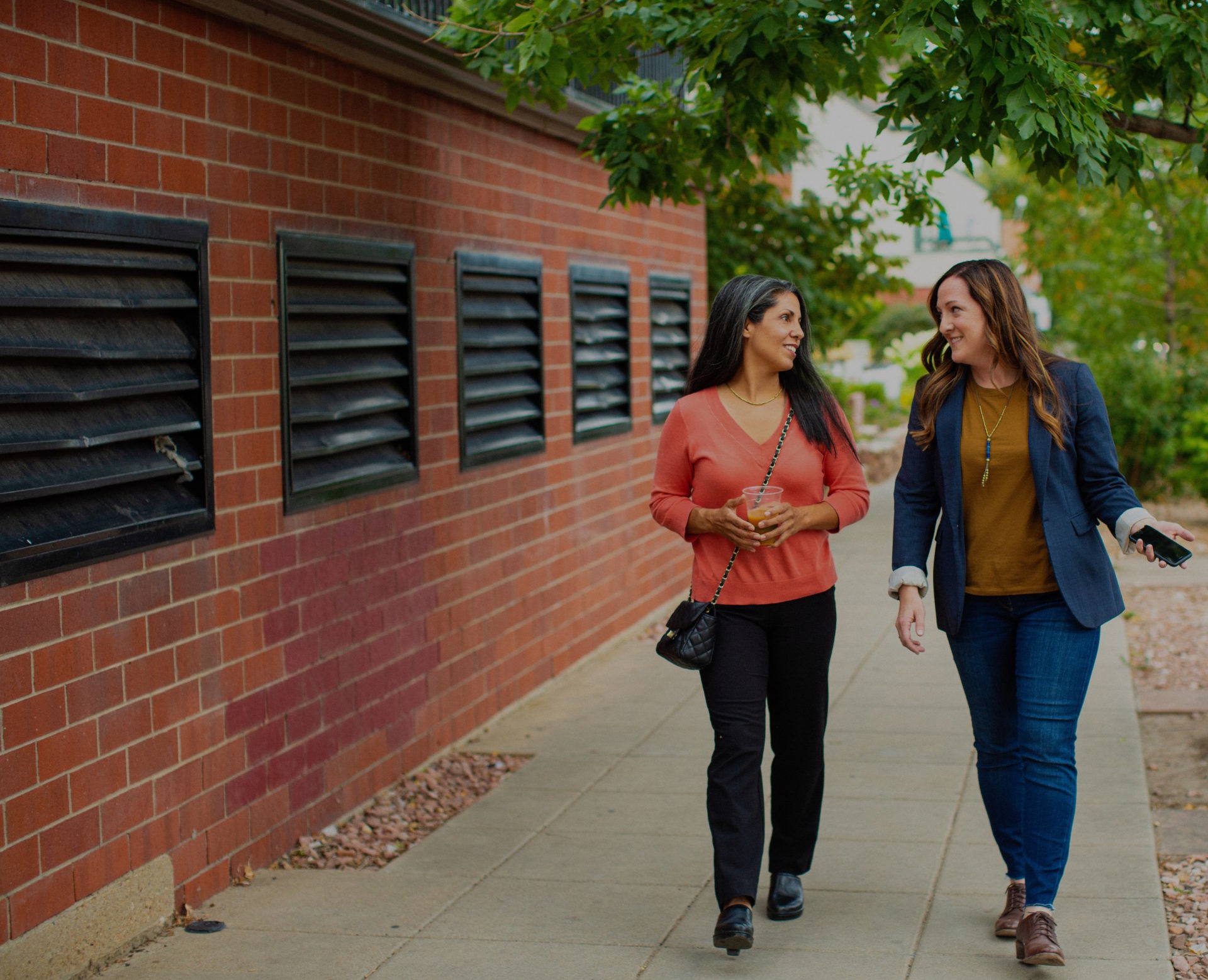There’s nothing easier to put at the bottom of our to-do lists than movement and exercise. We’d love to do it – we tell ourselves – but there’s just not enough time in the day. The problem with that thinking, however, is that there are few things more important to our well-being – including our mental health and ability to focus and be productive – than getting up regularly and moving around.
Exercise is specifically linked to lowered stress levels, improved mood and brain function, and even decreased risk of Alzheimer’s disease later in life. And science shows the value of even small bursts of physical activity. In 2018, the American Heart Association updated its guidelines on physical activity, correcting an earlier misconception that exercise needs to be a minimum of 10 minutes to be effective. Instead, “the total amount is what matters”, they write. If we only have five minutes available, we can spend one minute of that time doing star jumps or dropping low and doing a plank.
Reframe limiting beliefs about movement and exercise, and get creative about bringing more movement to each day, with the following Microsteps – simple, science-backed actions you can start taking immediately to build habits that improve your life.
Shift your mindset to make room for movement
One obstacle that gets in the way of movement is the idea that it has to be ‘exercise’ and you have to be ‘an exercise person’ to do it. But when we think of exercise simply as movement, it becomes something we can all do. Movement is about just that – moving. All you need to start is to take a literal Microstep.
Microstep #1: Block time on your calendar for movement.
Treat this time like you would an important meeting or doctor’s appointment. You wouldn’t miss those. Shift your mindset about exercise and prioritise the time for yourself.
Microstep #2: Every time you exercise, take a minute to acknowledge that you showed up for yourself.
Celebrating even small wins helps make habits stick.
Microstep #3: Before you exercise, take a moment to identify the ‘why’ behind it.
A sense of purpose will help you make positive health decisions and follow through with your goal.
Think outside the gym
A broad world of movement and exercise is at our disposal. There are plenty of ways that we can get creative with physical activity and sneak some extra steps into our routines without going to the gym. And these small strategies make a difference. William Kraus, a professor at Duke University and the author of a 2018 study that links small bursts of exercise to longevity, told the New York Times, “The little things that people do every day can and do add up and affect the risk for disease and death”.
Microstep #1: Park at the outer edge of the car park.
Adding some extra steps into one moment of your daily routine is a great way to integrate more movement into your day without thinking about it.
Microstep #2: Take a minute to stretch after a meeting.
A quick stretch helps alleviate any tension that might have built up and promotes relaxation.
Microstep #3: Every you brush your teeth, do a few squats.
Stacking a new habit on top of an existing one is a great way to add movement with no extra time.
Walk this way
If you’re looking for a healthy activity that doesn’t require expensive equipment or long hours at the gym, walking might be the best place to start. The benefits of getting up and walking go beyond our bodies. A study led by University of Illinois researchers shows that walking three times a week for 40 minutes at one’s own natural pace helps combat the effects of ageing and increases brain connectivity and cognitive performance. Even a few minutes here and there, whenever you have the time, will make a difference.
Microstep #1: Once a day, take a short walk and focus on your breathing.
If you’re in a place filled with noise and distractions, a quiet walk once or twice a day can help bring you into closer contact with yourself, your breath and the world beyond your workplace.
Microstep #2: Turn a sit-down meeting into a walking meeting.
The movement will get the creative juices flowing, and will allow you to sneak some light exercise into an already-busy day.
Microstep #3: Whenever a call ends early, or when you get up to use the bathroom, take an extra two minutes for a short walk.
You can use that time productively by reinvigorating yourself with movement.

Thrive Global Asia Pacific
An alliance between Thrive Global and Monash University with the mission to end the stress and burnout epidemic. The partnership brings an evidence-based approach to well-being and performance, and works with organisations to deliver programs that lift the performance, resilience, engagement and mental health of employees.
Unlock your people’s potential today
Enter your details to stay up to date with the latest news events and program updates.





